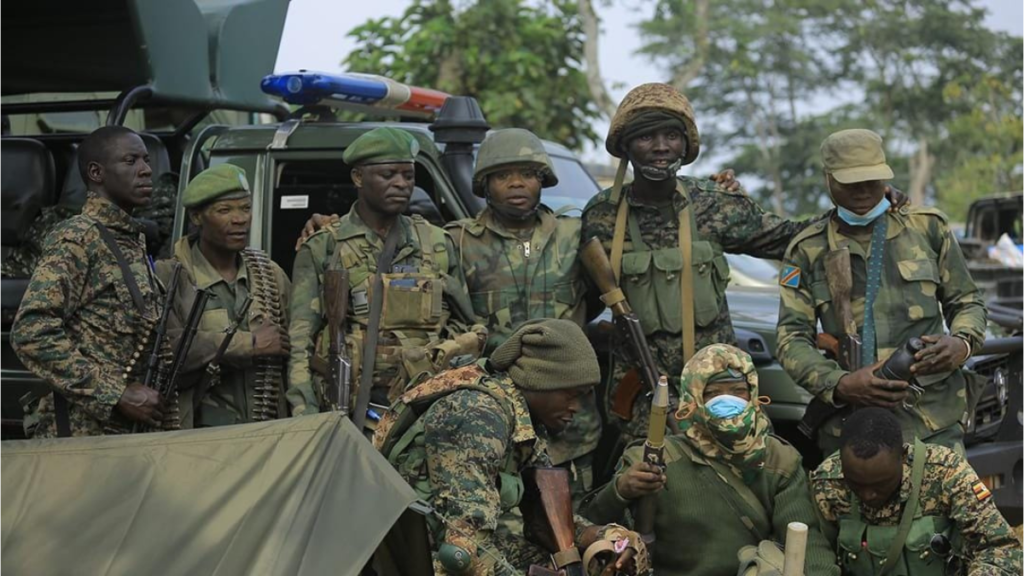This article explores the historical context of Military Coup unrest in Congo Brazzaville, the triggers and catalysts, key players, international response, human rights concerns, economic ramifications, challenges to democratic institutions, regional and global security implications, social media and information dissemination, and reconciliation efforts. It examines the historical context, triggers, catalysts, key players, international response, human rights concerns, economic ramifications, challenges to democratic institutions, regional and global security implications, and the role of social media and information dissemination. It also discusses the ongoing reconciliation efforts within Congo Brazzaville, including diplomatic initiatives, peace talks, and transitional measures aimed at stabilizing the political situation and fostering unity. The article concludes by emphasizing the multifaceted nature of the coup and the importance of international collaboration in restoring stability.
Historical Context of Political Unrest
To comprehend the military coup in Congo Brazzaville, it’s crucial to examine the historical backdrop of political instability that has characterized the region. Explore the roots of discontent and dissatisfaction among various political factions.
Triggers and Catalysts
Identify the specific events or circumstances that served as catalysts for the military coup. Unpack the grievances, socio-political tensions, or economic disparities that fueled the discontent leading to such a drastic measure.
Key Players in the Coup
Dive into the personalities and factions involved in orchestrating the coup. Highlight the military figures, political leaders, or influential individuals who played pivotal roles in the planning and execution of this unprecedented event.
International Response and Impact
Examine how the international community responded to the military coup in Congo Brazzaville. Explore diplomatic sanctions, global reactions, and the broader impact on diplomatic relations and international trade.
Human Rights Concerns
Discuss the potential human rights violations that may have occurred during the coup and its aftermath. Explore reports from humanitarian organizations, shedding light on the impact of the coup on the civilian population.
Economic Ramifications
Analyze the economic repercussions of the military coup. Delve into how the business environment, investments, and economic stability were affected, providing concrete examples and data to support your analysis.
Challenges to Democratic Institutions
Examine the challenges posed to democratic institutions in Congo Brazzaville following the coup. Discuss how the political landscape has shifted and the potential long-term consequences for the democratic framework of the nation.
Regional and Global Security Implications
Explore the broader implications of the military coup on regional and global security. Discuss concerns related to border stability, refugee crises, and potential spillover effects on neighboring countries.
The Role of Social Media and Information Dissemination
Investigate the role of social media and information dissemination during the coup. Analyze how technology and online platforms contributed to shaping public opinion, both domestically and internationally.
Reconciliation Efforts and the Path Forward
Examine any ongoing reconciliation efforts within Congo Brazzaville. Highlight diplomatic initiatives, peace talks, or transitional measures aimed at stabilizing the political situation and fostering unity.
Conclusion:
Summarize the key points discussed in the article, emphasizing the multifaceted nature of the military coup in Congo Brazzaville. Conclude with insights into the potential paths for the nation’s recovery and the importance of international collaboration in restoring stability.







